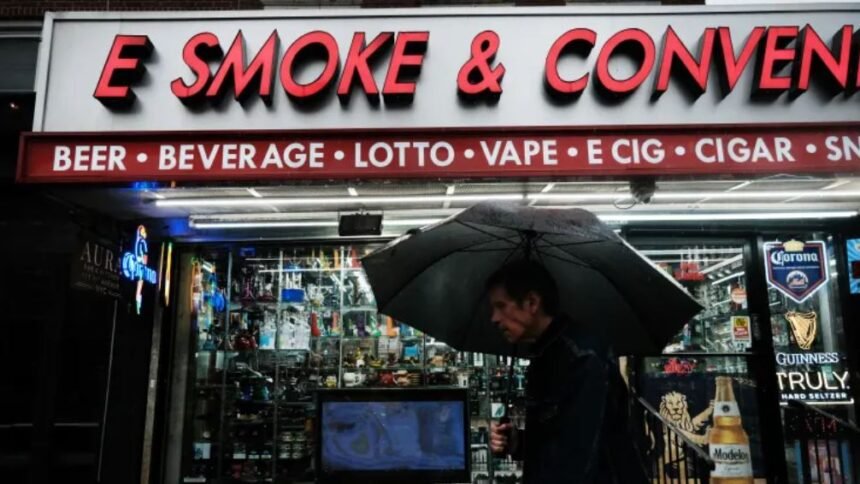As the state tries to launch its legal weed store, New York officials are stepping their attempts to prohibit the statewide growth of unlicensed smoke shops selling marijuana.
- Officials in the state of New York have stepped up their attempts to halt the sale of marijuana by unlicensed vendors, who are dodging tax obligations and undercutting the state’s legalization of marijuana rollout.
- In New York City, there are reportedly 1,500 unregistered retailers selling marijuana.
- The city is also going after landlords, fining them up to $10,000 for knowingly leasing out commercial space for illegal marijuana sales.
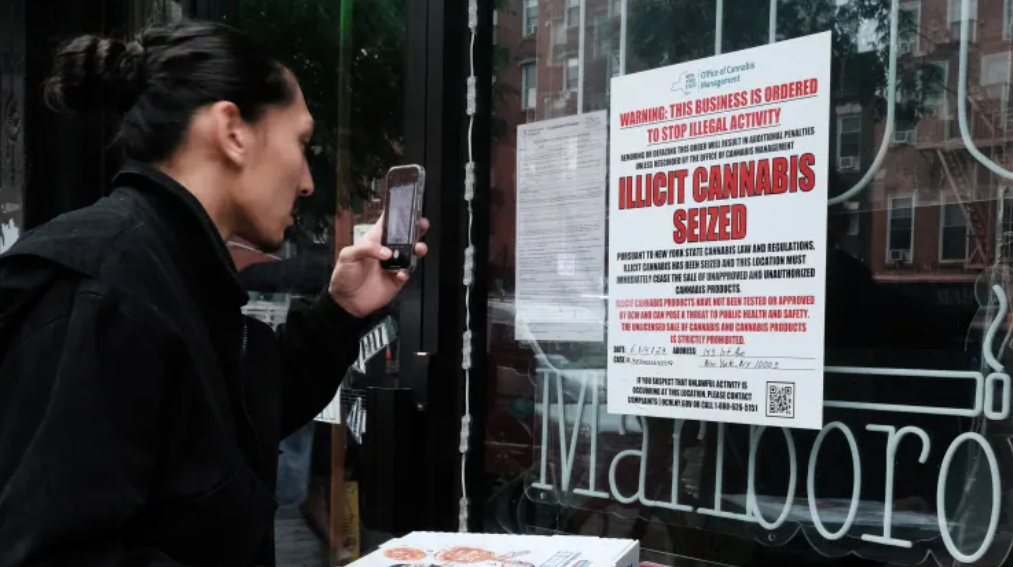
Since the state legalized cannabis in 2021, thousands of unlicensed sellers have undermined the state’s legal marijuana sector by selling marijuana, edibles, vape items, and more in weed store. The problem is particularly severe in New York City. Only 23 legal dispensaries are currently operating in the state, with nine of those located in New York City.
According to a recent analysis by New York City’s Independent Budget Office, up to $484 million worth of marijuana goods could be held by the city’s estimated 1,500 unlicensed shops. The analysis revealed that if all of those things were sold lawfully, the city would get $19.4 million in tax income.
By stepping up retail inspections, the state has begun to crack down on unlicensed weed store, which may be subject to fines or closure. However, its efforts, particularly in New York City, have only just started to erode the vendors.
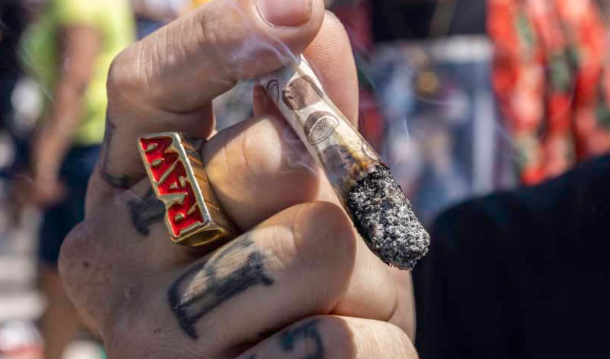
Daniel Haughney, enforcement director at the state Office of Cannabis Management, said: “We’re getting to as many as we can.”
Also Read: Disney Intends To Almost Double The Amount It Invests In The Parks And cruises Industry
The state is using more forceful strategies to stop the rise of the illegal weed store, which customers frequently turn to for a more affordable, untaxed product. In addition to being lawful, closing down the stores is also economically sensible because illegal sales don’t generate money for the government. All marijuana products sold in New York are subject to a 13% retail tax and an extra charge based on the amount of tetrahydrocannabinol, or THC, the psychoactive ingredient in marijuana, in each product.
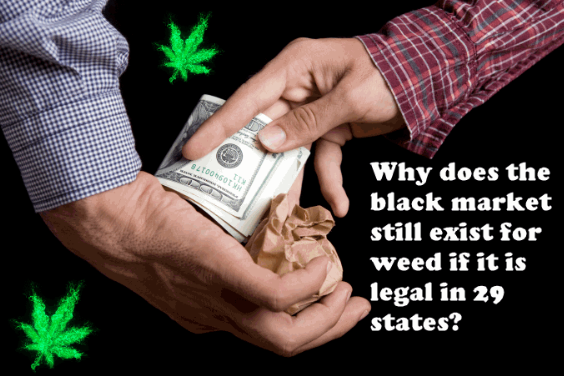
weed store operating illegally may offer serious health dangers in addition to evading taxes. About 40% of the items from 20 illegal businesses in New York City, according to a 2022 study commissioned by the New York Medical Cannabis Industry Association, included dangerous pollutants like salmonella, lead, and E. coli.
The state’s Cannabis Control Board declared on Tuesday that it would increase the number of licenses available by accepting applications from both big multistate manufacturers and medical organizations as well as the general public. Under the state’s Conditional Adult Use Retail Dispensary, or CAURD, program, only applicants with prior marijuana-related crimes were eligible for retail licenses. More legal stores should open up in the state as a result of the action.
How well the illegal weed store crackdown is going in New York
Haughney claimed that his team had increased storefront business inspections “throughout the entire state” with assistance from the Department of Taxation and Finance. In June, officials increased their efforts.
He continued, “We’re hitting them with everything we’ve got.”
An illegal firm might face product confiscation, weed store closure, and daily fines that can reach $20,000 if it disregards infraction warnings and cease-and-desist orders.
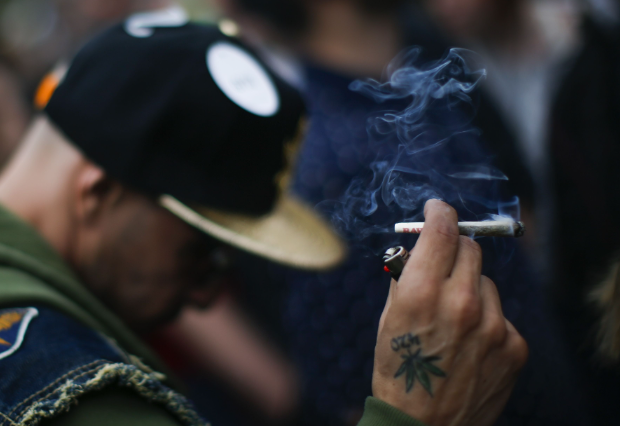
The scope of the investigation has expanded beyond the store owners.
New York City passed legislation in August that penalizes landlords who knowingly rent out commercial property to unregistered vendors. According to the proposed legislation, landlords might face fines of up to $10,000 for drug-related property raids.
The Real Estate Board of New York backed the city’s legislation, stating that it provides “much-needed enforcement” and “improves streetscapes” throughout all five boroughs of New York City.
The board said in a statement that “this sensible law will deter bad actors from commercial spaces and help ensure that real estate brokers and property owners are working with properly licensed retail establishments.”
Also Read: Shankar Sharma Warns Investors, “You Can’t Exit Smallcap stocks When They Are Falling”
image source: google







